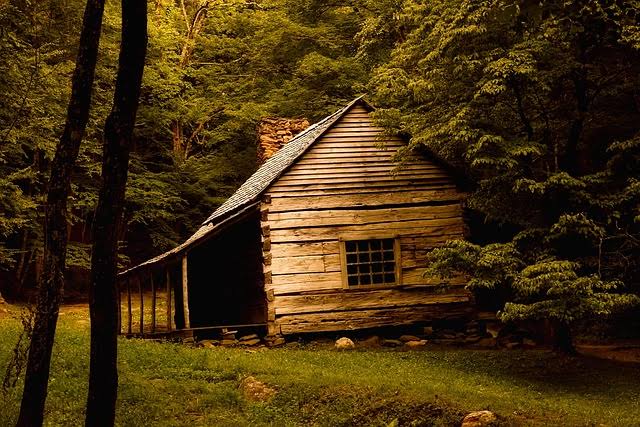For centuries, log cabins have captured the imagination of those seeking a simpler, more nature-connected lifestyle. Originally built as humble dwellings by settlers and pioneers, log cabins have evolved into stylish, functional homes and holiday retreats. Today, they’re enjoying a resurgence, thanks to their rustic aesthetic, sustainable materials, and versatile use. Whether nestled in the countryside or used as a garden retreat, log cabins offer a blend of comfort, character, and practicality.
A Brief History of Log Cabins
Log cabins date back to ancient Northern Europe, with early examples found in Scandinavia and Eastern Europe. They were introduced to North America by Swedish settlers in the 17th century and became synonymous with the frontier lifestyle in the United States. In the UK, log cabins began as garden sheds and summerhouses but have grown in popularity as full-scale, liveable structures.
This historic architecture style has always been valued for its practicality. The interlocking log design provides excellent insulation, strength, and durability. Over time, builders have refined the design to suit modern living standards while preserving the traditional look.
Benefits of Log Cabin Homes
Log cabins offer a host of benefits that make them appealing for homeowners and property developers alike. One of the key advantages is sustainability. Logs are a renewable resource, especially when sourced from responsibly managed forests. Many builders now use timber from certified sustainable sources, adding to the eco-friendly appeal of these structures.
Another major benefit is energy efficiency. The thermal mass of wood helps to regulate indoor temperatures, keeping interiors warm in winter and cool in summer. This can result in significant energy savings over time.
Log cabins are also highly versatile. They can be used as primary residences, holiday homes, home offices, guest lodges, or garden rooms. Their adaptable design means they can be customised to meet different needs, from single-room cabins to multi-storey dwellings.
Modern Uses and Applications
Today’s log cabins are far removed from their early ancestors. Modern construction techniques allow for better insulation, plumbing, and electrics, making these cabins suitable for year-round use. In the UK, many people are turning to log cabins as cost-effective alternatives to traditional brick-and-mortar homes or extensions.
They’re also increasingly popular as luxury holiday accommodations. In rural parts of Scotland, Wales, and the Lake District, high-end log cabin lodges are attracting tourists who want to enjoy nature without sacrificing comfort. Some include hot tubs, saunas, and open-plan living areas with stunning views of the countryside.
Design Options and Customisation
There is a wide range of design choices available when it comes to log cabins. Traditional styles feature exposed beams and rustic finishes, while contemporary cabins might include large windows, minimalist interiors, and high-end fittings. Many UK suppliers offer customisable options, allowing homeowners to personalise floor plans, finishes, and fixtures.
This flexibility makes it easier to adapt a log cabin to its intended purpose. A garden office might prioritise light and workspace, while a family holiday lodge would focus more on comfort, storage, and leisure areas.
Planning and Regulations in the UK
Building a log cabin in the UK may require planning permission, depending on its size and intended use. For example, a small garden cabin used as a home office or summerhouse might not need permission, but a larger structure intended for permanent living likely will.
It’s essential to check local planning guidelines before starting any project. Working with a professional builder or architect who has experience with wooden log cabins can help ensure compliance with building regulations and streamline the planning process.
Embracing the Wooden Log Cabin Lifestyle
In recent years, more homeowners have been embracing the lifestyle associated with wooden log cabins. These structures represent more than just a place to live — they reflect a desire to reconnect with nature and escape the fast pace of modern urban life. Whether located in a rural setting or placed in the corner of a suburban garden, a wooden log cabin offers tranquillity, privacy, and a sense of retreat.
For those looking to add value to their property or create a unique space, wooden log cabins are an increasingly popular choice. With the right design and planning, they can serve a variety of purposes while enhancing the natural beauty of the surrounding environment.
From weekend getaways to permanent dwellings, wooden log cabins continue to charm homeowners with their timeless appeal, sustainability, and versatility. As more people seek out green, functional living spaces, it’s likely this trend will continue to grow across the UK.





























